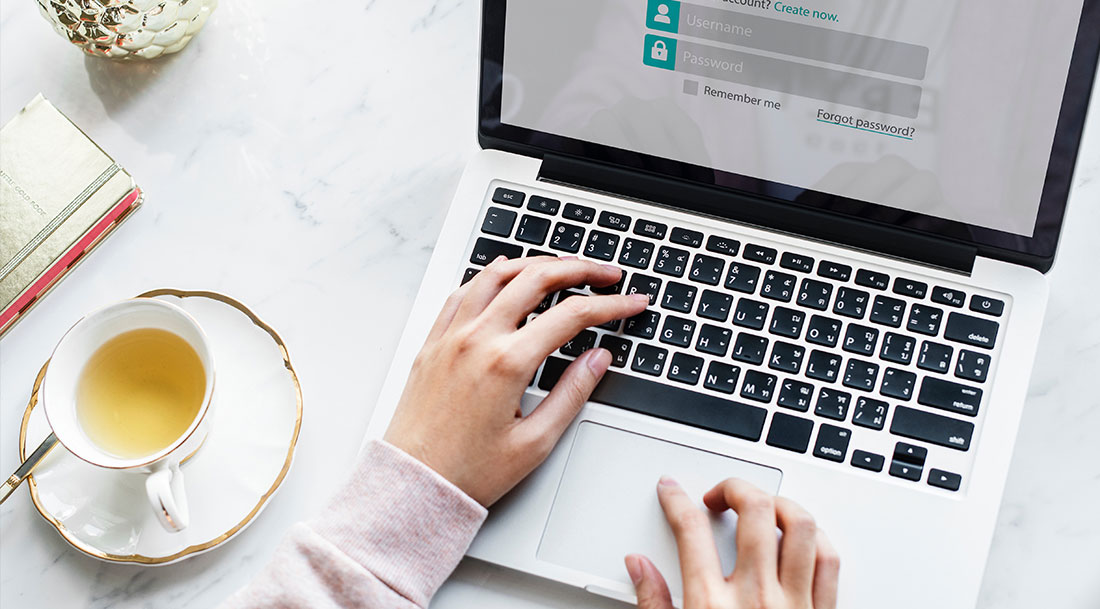How Do I Keep My Tech Safe?
So much of our lives are lived online that the thought of anyone hacking our data is frightening. Odds are you already have been a victim of cybercrime or soon will be. (A frightening study by The Clark School at the University of Maryland found that hackers are targeting computers with internet access at a staggering frequency – once every 39 seconds on average!) In fact, the cost of cybercrime is expecting to reach a staggering $6 trillion annually by 2021, according to some of the latest projections from varied sources.
So how can you keep your data safe? Although nothing is foolproof against the onslaught of cyber crime we are facing, there are some practical, simple steps you can take to make your technology less vulnerable to hackers. These tips hold true whether you are managing your organization’s IT or trying to keep tabs on your children’s tablets.
Stay up to Date. Keeping your software and operating systems current is one of the quickest and easiest things you can do to avoid being a victim of cyber crime. The reason is that software and tech companies know which threats are lurking (because they have to fix them) long before you do. They are continually updating their systems and programs to safeguard them from the latest threats, and all you have to do to take advantage of these security upgrades (in most cases) is download the latest update on your smartphone or computer. It merits a mention to be certain that what you are downloading is actually a security update and not a virus itself. If you receive a suspicious email or text telling you that you need to update a program, always check with your IT team in a work setting or the original company in a home environment (definitely don’t follow a potentially fraudulent link in your email or text) to make certain it’s a legitimate request.

Don’t want to have to worry about computer updates? Personal Computing Solutions can take care of it for you. We’ll log into your computer monthly (at a predetermined time) to apply updates, check your antivirus, and make sure your computer is running in tip-top shape. Give us a call at (810) 695-9869 to learn more. – Vinnie Sanchez, PCS Computer Technician
Password Protection. Whether we’re talking about email, websites, apps or just about anything we use, odds are there is a password protecting it. So your job is to make certain that it’s as secure as possible. That means skipping obvious options like birthdays, anniversaries, kids’ and pets’ names, and the perennial favorite “password.” Experts recommend selecting a completely random set of at least 12 numbers, letters and symbols to make your passwords more secure – and don’t reuse the same password on multiple accounts. Which brings up the question of how you remember all these random passwords? Those same experts recommend using a password keeper program that will automatically remember them for you (and some even generate random passwords), making your life both simple and secure. Read more on password managers in our previous blog post “Forget Your Passwords – Literally!”
Be smart. Speaking of which, it makes sense to be vigilant about any emails or texts that look even the least bit suspicious. Always make certain they are coming from a trusted source before you click a link or divulge any type of personal information. The days of emails from Nigerian princes offering you millions of dollars in exchange for your bank account information are probably long gone, but we are solidly in the days of emails that look as if they have originated from your pastor, business associate or boss asking you click a link to schedule a meeting or Venmo them a few bucks for an urgent need.
“To counteract the threats as best you can, use common sense and take basic safety measures whenever you are online.”
Get Connected. Of course, how you get online is almost as important as what you do when you get there. Yes, free Wi-Fi is available almost everywhere you go now, but just how safe is it? Unsecured and public networks can be hacked much more easily than a secured private network, and many cyber criminals first access your accounts via this route. If you must use the coffee shop’s Wi-Fi, be smart about what you are accessing through it. For example, checking the score of last night’s game is probably not as dangerous as doing all of your online banking on a public network. Still, be vigilant and utilize secured networks whenever possible.
Safe browsing. Likewise, you’ll want to make certain that the tool you are using to browse the internet is designed to keep you as safe as possible. Websites are tracking us all the time – and that’s both good and bad. Sometimes we want them to track us for convenience (storing log in information or account information), sometimes for information (sharing ads and information we actually want to see based on our preferences), or sometimes not at all (every OTHER ad that follows us no matter where we go on the web). To minimize interference while maintaining convenience, check your browser tools and limit sharing and tracking to those sites and situations that are most important to you.

Websites are tracking us all the time – and that’s both good and bad.
Photo by rawpixel.com from Pexels
And that’s really the bottom line – we live in an interconnected world in which the bad guys are always trying to access our data – and those attempts will accelerate rather than weaken. To counteract the threats as best you can, use common sense and take basic safety measures whenever you are online.
